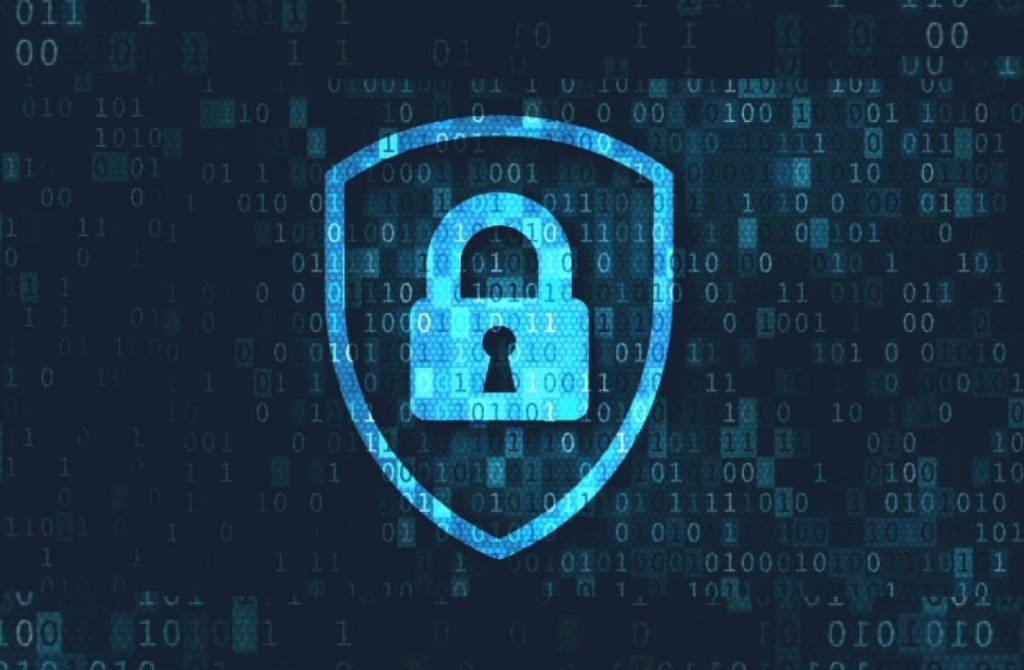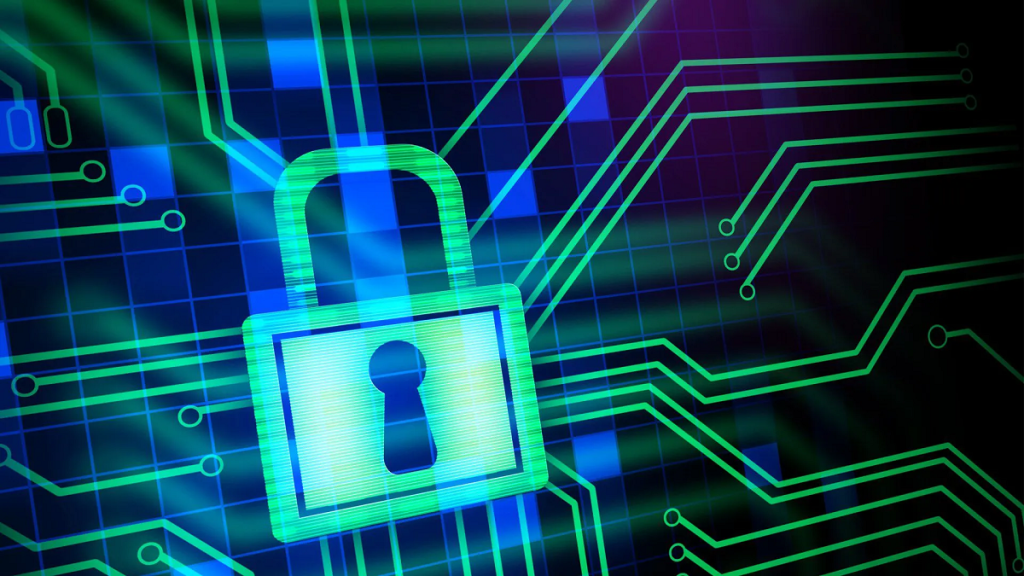There are several opinions on why encryption is important when you discuss it with someone who isn’t a security specialist. For a lot of individuals, encryption is a sophisticated hidden technology used only by spies and government organisations. But encryption may be found anywhere.
It is used by companies and organisations all over the world every day to achieve the flexibility, compliance, and data protection needed in today’s virtualized and cloud-centric business environments. Encrypting data has become more vital than ever as the volume of data shared online has expanded.
Security is becoming increasingly important in everything from emails to phone calls. If you want to protect something, it is best to take precautions now rather than lament your security afterward. Because of its complexity, cryptography was a discipline many people avoided.
Some Significance of Encryption

1. It Helps You To Move To Clouds
Everyone is apprehensive about transferring sensitive data to the cloud, & many businesses believe that the cloud is not as secure as their own data center.
If your data is stored on the cloud, it’s not just possible that someone else will view it; it also might be kept with the data of your rivals. Consider how much that hidden cache might be worth.
You may use Infrastructure as a Service while maintaining the privacy of your data, thanks to encryption. Entrust DataControl encrypts data while it is in storage and during transport.
Even after the data has left your building, you retain control because you have custody of your encryption keys. Only encrypted data is copied when the service provider replicates your virtual machines (VMs).
2. You Can Easily Decommission/ Deprovision with Own Keys
Would you lock your most important possessions in a safe & give the key to a stranger? Would you encrypt your cloud data and supply the cloud service provider (CSP) with the encryption keys? The low cost and flexibility of the cloud are reasons why businesses like to adopt it.
This value consists of the ability to deploy or shut down servers in response to shifting business requirements. What would happen, though, if you were to change service providers? How can “vendor lock-in” be prevented when dealing with a service provider?
Ensure your data can be recovered, but don’t lose any crucial data in the process. To achieve their operational uptime SLAs, how many copies or backups of your virtual machines has your service provider created?
The answer is most likely “many.” It is just not feasible for a CSP to recover & delete every duplicate. Assume you wanted to move your operations from one CSP to another.
If you’ve encrypted your VMs with Entrust DataControl, the process is simple: You restart your VM after moving it to the new provider, & then direct the system to rekey with a new key.
After that, you can stop using the previous cloud service provider by asking the system to delete the old key. Your data, including copies and backups maintained by the prior provider, is completely lost.
Without encryption, your data might be kept in backups or storage for an extended period of time, putting you at risk. Consider that reason when thinking Why Encryption is Important.
3. Have Secure Multi-Tenancy In The Cloud
While virtualization is not new & organizations have used it for years, Significant security risks arise when you host your virtual machines and apps on the same physical servers as other departments or organisations.
In addition to becoming more valuable as targets, virtualized servers that run on a public cloud architecture provide you with little control over who “shares” your hardware.
Even if many network segmentation problems have been overcome, there is still a significant security risk that needs to be addressed: what happens to your data inside the storage fabric?
You can ensure your data’s safety regardless of its neighbours if you encrypt data before it enters the cloud & retain control of the encryption keys.
4. Keeping Your Data Safe from Accidental Exposure
Theoretically, if the service provider had both your encrypted data & your encryption keys, they might access your data. The general guideline is to never store your keys alongside your data.
While you may be providing excellent service, as seen in the headlines, difficulties & security breaches affect providers as well. Encrypting your data on the cloud and maintaining your keys in your local data center are the best ways to get around this problem.
Some businesses, however, do not wish to host key management on their computers. To profit from the advantages of elasticity, backup, availability, and disaster recovery, they want to move everything to the cloud.
Here is where a neutral party can be useful. Why not host your virtual machines and encrypted data with one service provider while hosting your key management with a different one?
By having a third party host your key management, you may avoid many of these problems by making sure that your key servers are always accessible, continually duplicated, and not vulnerable to disaster.
5. Better Internet Security
One importance of data encryption is it ensures better security. Encryption is a mathematical method that cannot be used selectively. Any demand for a backdoor that only works for the government is at odds with mathematics.
A backdoor to encrypted content is a security weakness that exposes the entire system & the underlying data. Even if it is just intended for government use, it will inevitably be used by many other bad entities.
6. Better Surveillance
The metaphor of “going dark” is incorrect. It implies that technical advancements have reduced surveillance capabilities when they have significantly increased. Encryption is not, & is unlikely to become, as widespread as governments claim.
A better description for the contemporary era is “a golden age of surveillance” because significantly more data about individuals is available today than ever before.
Many previously unrecorded facts, such as location & contact information, can be combined to form “digital dossiers” that provide a detailed portrayal of our daily lives.
7. Backdoor Systems Can’t Stop Criminals & Terrorists
The general public is deprived of a platform where data & fundamental rights are secured due to restrictions on encryption backdoors. Criminals will use encrypted platforms accessible in foreign jurisdictions or on the black market, or they may develop their own.
Increased surveillance capabilities frequently result in invasive surveillance that lacks sufficient evidence of usefulness. According to one study conducted in the United States, the link between greater surveillance capabilities & terrorism prevention is shaky.
Regardless of its effectiveness in combating terrorism, it is not essential nor proportionate to jeopardize the privacy & security of all platform users to identify the percentage that engages in criminal behaviour. That’s an answer to Why Encryption is Important.
8. Better Children Safety Online
To conceal their actions, perpetrators of crimes against minors, like other criminals, will use alternative encrypted platforms provided by other countries or develop their own platforms.
That means criminal conduct will continue – it will merely relocate outside the reach of law enforcement, precluding lawful access to metadata that can be useful in investigations.
Children require encrypted platforms where the identities of those with whom they communicate can be verified & their personal information is not exposed to third parties.
With more children online as a result of the worldwide epidemic, governments & businesses should realize the importance of data encryption to keep children secure rather than intentionally introducing security flaws into the technology they use.
Some Applications of Encryption
Many industries have realized why Encryption is Important and are embracing the practice. Here are some examples of where encryption is applicable:
Cloud storage encryption: Cloud storage is a solution that allows customers to store their data remotely in specialized storage servers. The organization that provides cloud services may utilize encryption keys to ensure customer data is secure & free of spyware.
SSL encryption: This may be an essential method of safeguarding internet data. Web designers may use SSL encryption to prevent hackers from accessing information during data transit from public servers to personal devices such as computers.
Email encryption: This one protects sent & received messages from data thieves. Email encryption protects the user by encrypting a message during transmission & decrypting it only when the intended recipient receives it.
Authentication encryption: Authentication encryption may allow businesses to validate the validity of payment cards or devices by sending users a message, including an authentication code. If the user enters the proper code, they may have the decryption key, indicating that the transaction is valid.
Field encryption: This may be necessary to safeguard information solely in specific portions of the company’s website application. For example, if users enter information into the company’s website, the organization can encrypt the individual’s address, name, & credit/debit card number.
Time stamping: It entails verifying that a user submitted a message & that the recipient got it at a certain time. When the recipient receives the message, an encryption model allows the sender to obtain information about the reception time without recording data about the content.
FAQ
Q: What are some encryption tools?
A: 7-Zip, VeraCrypt, Cisco Secure Email Encryption Service, Virtru & NordLocker are some of Encryption Tools.
Q: What to do If the encryption key is lost?
A: If you lose the key, then unfortunately, the data is gone forever.
Q: Some hackers claim they can break the encryption. What to do?
A: Hackers of such expertise are hard to find. Encryption ensures the security of your data.

